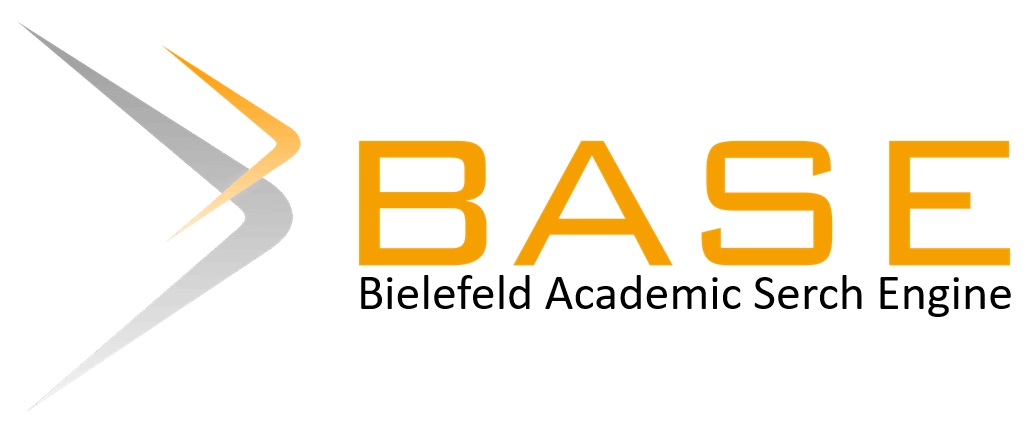LOCAL WISDOM-BASED CHARACTER EDUCATION AS AN EFFORT TO ESTABLISH STUDENT WITH SPECIAL NEEDS CHARACTER
DOI:
https://doi.org/10.35316/edupedia.v8i1.2791Keywords:
character education, local wisdom, children with special needsAbstract
This study aims to describe the application of local wisdom-based character education as well as the supporting and inhibiting factors at SDLB Negeri Kedungkandang Malang City. The research method used is qualitative research with descriptive research type. Collecting data using observation techniques, interviews, and documentation. The process of data analysis through data collection, data reduction, data presentation, and draw conclusions. The results showed that the application of character education based on local wisdom for children with special needs was effective, explored the potential of students, instilled character values, and supported the process of growth and development of students both in cognitive, affective and psychomotor aspects. The supporting factors are the school principal, student guardians who really support its implementation, and the facilities and infrastructure are very supportive. Inhibiting factors, there are no significant inhibiting factors because the facilities are adequate. It's just that the teacher who teaches art has one teacher.
Downloads
Published
How to Cite
Issue
Section
License
Edupedia: Jurnal Studi Pendidikan dan Pedagogi Islam adopts the Creative Commons Attribution–ShareAlike 4.0 International License, which allows users to reproduce, modify, and distribute published articles in any medium for lawful purposes, provided that appropriate attribution is given to the original author(s) and the journal, the license is properly cited, any changes are clearly indicated, and derivative works are distributed under identical licensing terms.
Upon publication in Jurnal Kesehatan Vokasional, authors confer to third parties the rights to use their articles in compliance with the Creative Commons Attribution–ShareAlike 4.0 International License.
Copyright on articles is retained by the respective author(s), without restrictions. A non-exclusive license is granted to Edupedia: Jurnal Studi Pendidikan dan Pedagogi Islam to publish the article and identify itself as its original publisher, along with the commercial right to include the article in a hardcopy issue for sale to libraries and individuals.
![]()















